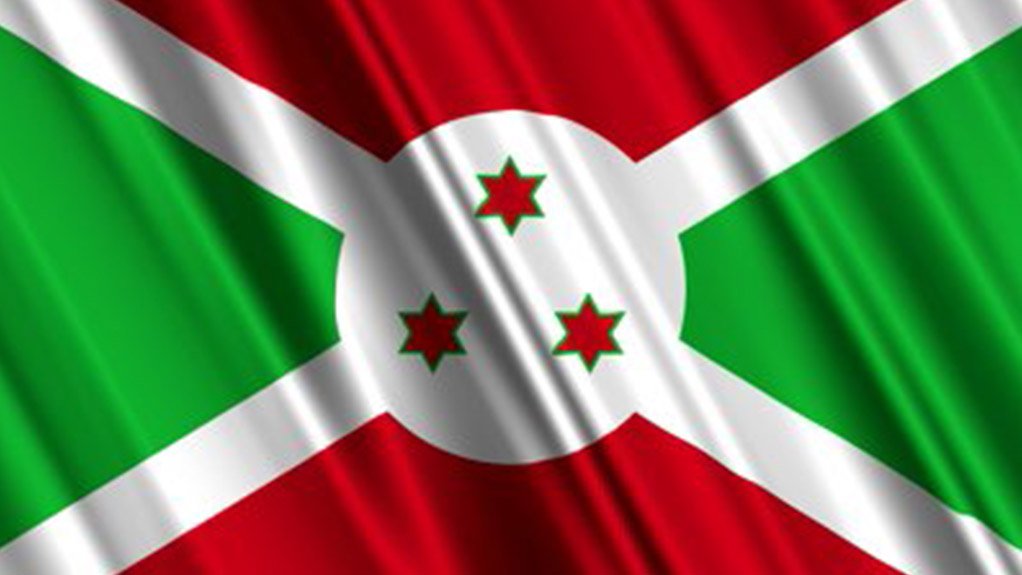The Burundi crisis requires principled leadership from Burundi and its neighbours to avoid destabilising the Great Lakes region, and unravelling a decade of peaceful transition in the country, says the Institute for Security Studies.
On 13 May, while President Pierre Nkurunziza was in Tanzania at the East African Community (EAC) summit on the Burundi situation, Major General Godefroid Niyombare announced that he had removed Nkurunziza from office.
By this morning, a number of suspected coup plotters had been arrested and Nkurunziza is set to address the nation later today.
Regional and international actors will have an important role to play in the coming months. 'The UN, the EAC and the African Union (AU) must help Burundi find its way out of the current crisis,' says ISS researcher Yolande Bouka. 'How matters are resolved in the coming days and weeks will determine the country's path for a long time to come.'
The attempted coup came amidst widespread demonstrations in Burundi against Nkurunziza's decision to run for a third term in office, despite the Constitution's two term limit. The Constitutional Court added fuel to the fire by ruling that Nkurunziza's bid for a third term could go ahead. Clashes between security forces and the opposition have left dozens dead and tens of thousands of refugees across the region.
'Reports of the attempted coup did not come as a surprise,' says Bouka. 'Up to now the army has played a positive role, but there are divisions within the army which if exploited could lead to a standoff and then potentially a military coup, as happened on Wednesday.'
Weeks of protests and two days of intense fighting in the capital Bujumbura have shaken stability in the country. Even if pro-government elements of the army have regained control, the unity of the Burundian armed forces has been shattered. The population too is heavily divided over whether or not the president should run for a third term.
'Under these circumstances, it is key that the elections, due to start on 26 May, be postponed until stability and security can be restored,' says Bouka. 'The government should not however use the protests and the coup attempt as a reason to indefinitely delay the elections.'
Extrajudicial crackdowns on those suspected of leading and supporting the attempted coup should also be avoided, as this would further polarise the situation. 'What is required now is fair and transparent criminal justice proceedings, not heavy-handed actions,' says Bouka.
Burundi has so far managed to avoid widespread violence. But this has not prevented an impending humanitarian crisis for the country or its neighbours. As the protests expanded outside of Bujumbura, more people fled and the situation increasingly threatened regional security.
'The current political deadlock has brought Burundi to the brink of a human rights crisis with potentially irreversible consequences for the region,' said Amnesty International's Sarah Jackson, speaking at an ISS seminar in Nairobi on 13 May, shortly before news broke of the attempted coup.
As the number of refugees rises, so too does concern among Burundi's neighbours. 'Rwanda has to date the largest number of officially registered refugees and has warned Burundi of allegations that FDLR forces may be present there,' says Bouka.
The victory of the Nkurunziza camp over the coup plotters should not be a reason for regional and international institutions to back down on their pre-coup position that a third mandate for the president is not in the interest of the country.
'The African Union and some European actors have withdrawn their support for the electoral process until favorable conditions for peaceful, free and fair elections are restored,' says Bouka.
For the AU and the PSC dialogue and consensus between government and the opposition is the only route to a lasting political solution in Burundi. Even before the events of Wednesday, that was a tall order given that both parties have taken extreme positions with regard to Nkurunziza's candidacy.
If Nkurunziza and his government do not agree to talks, the crisis will continue to simmer and could convince former armed groups that the only resolution to the impasse is through military means.
The current crisis has its roots in the last elections, when the ruling party started to close the political space, causing the opposition to withdraw from the electoral process. Since 2010 the government has attempted to roll back the implementation of key elements of the Arusha agreement, which ended decades of war and established powersharing provisions for the country's two main ethnic groups, the Tutsi and the Hutu.
EMAIL THIS ARTICLE SAVE THIS ARTICLE
To subscribe email subscriptions@creamermedia.co.za or click here
To advertise email advertising@creamermedia.co.za or click here











